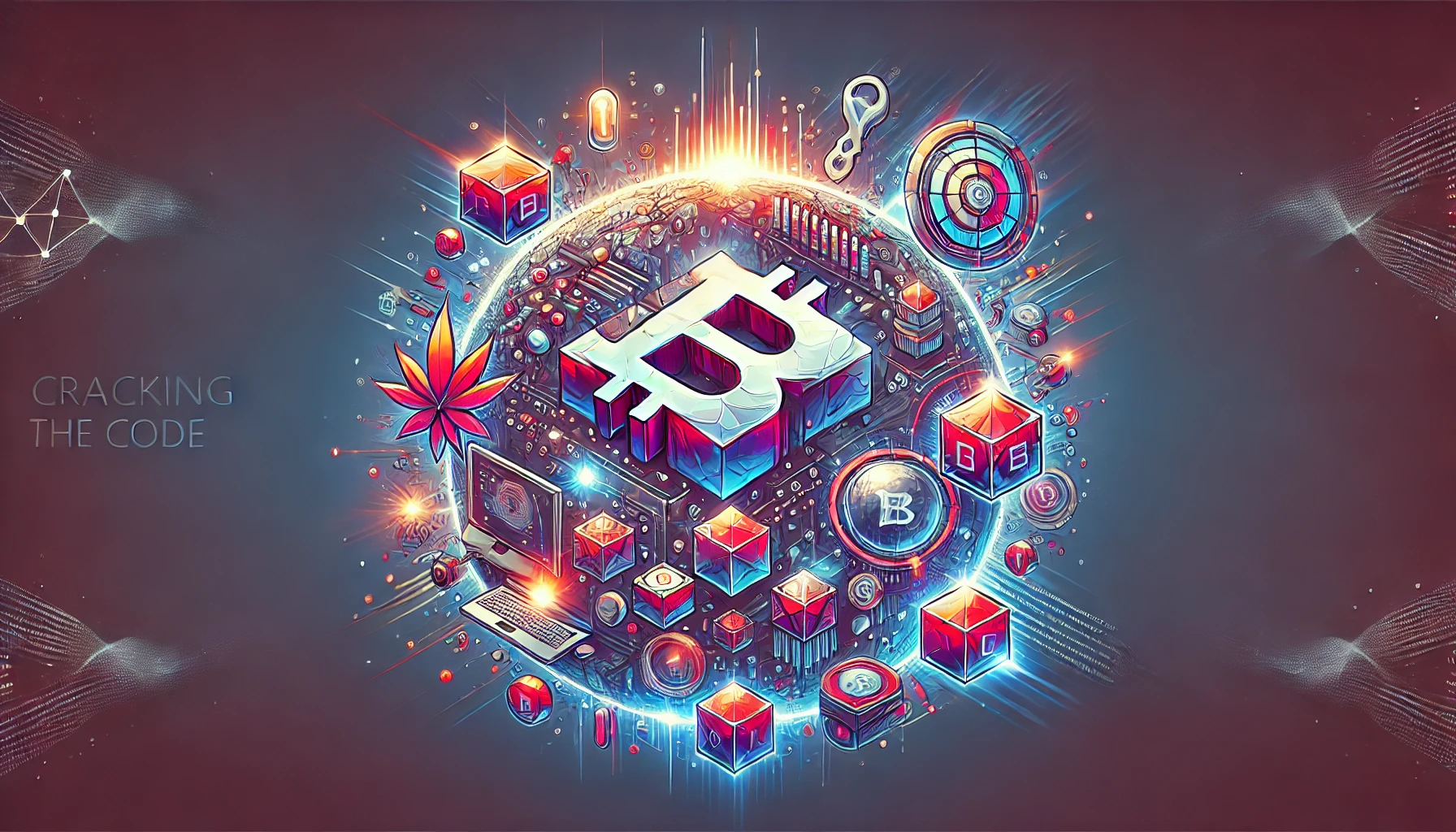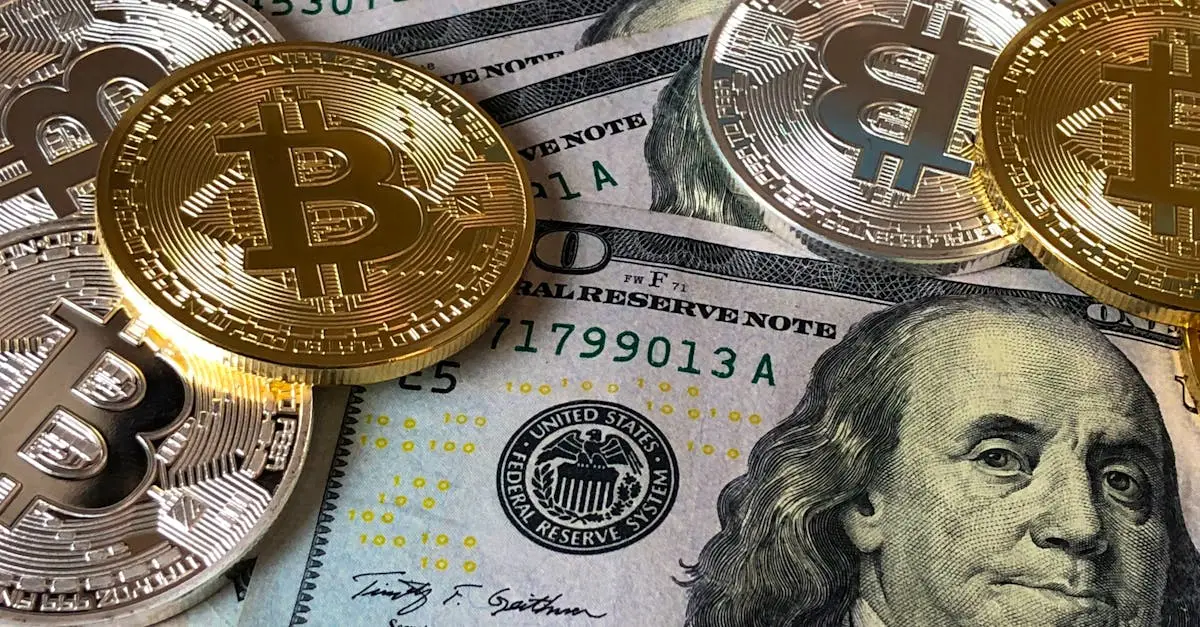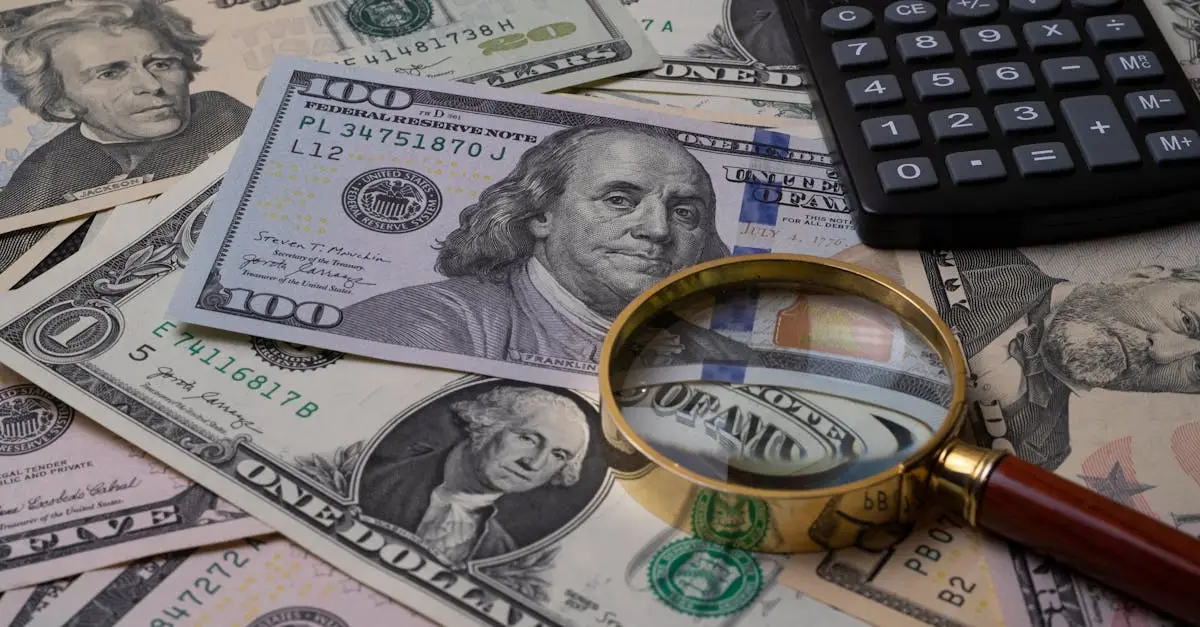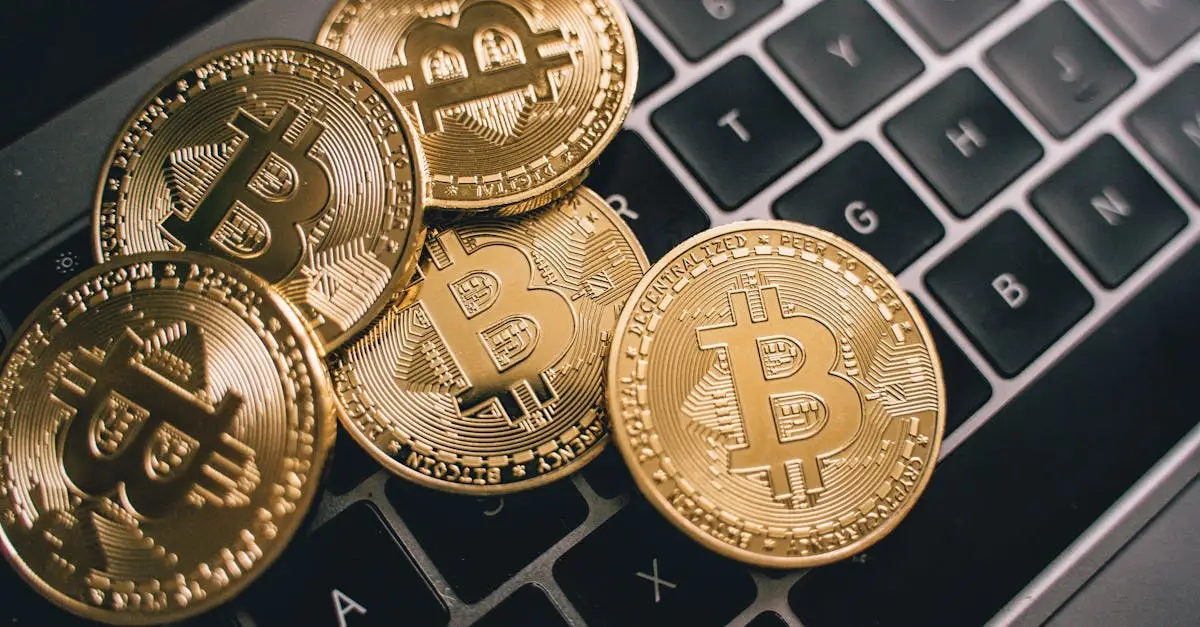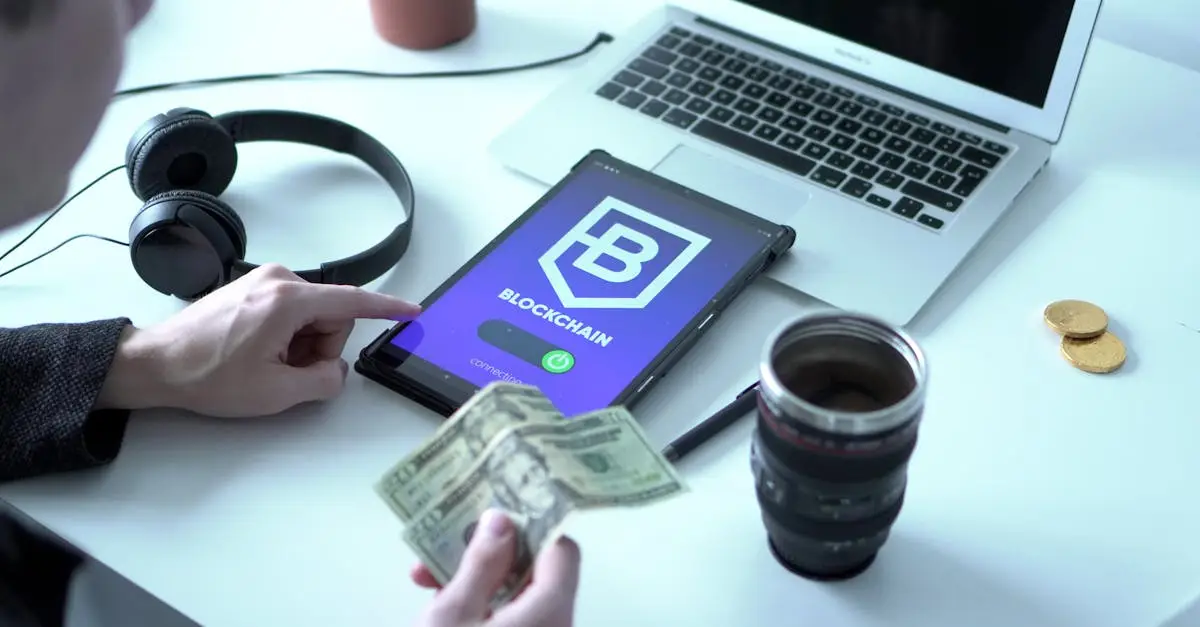Welcome, investors, to the insightful journey into the world of NFTs. In this article, we will delve into the fascinating realm of non-fungible tokens and their revolutionary impact across various industries. From understanding the basics of NFTs to exploring their potential in redefining ownership, royalties, and intellectual property rights, we aim to provide you with a comprehensive overview of this digital phenomenon.
Our first stop on this journey involves understanding NFTs: A Digital Revolution in Ownership. Unlike traditional cryptocurrencies such as Bitcoin or Ethereum, NFTs represent unique digital assets that are indivisible and cannot be replicated. This uniqueness is what makes NFTs so valuable, as they provide a means for creators to authenticate and monetize their digital work in a secure and transparent manner.
Next, we will decode the technology behind NFTs: Blockchain and Smart Contracts. NFTs are built on blockchain, a distributed ledger technology that ensures transparency and immutability. Smart contracts, self-executing contracts with the terms of the agreement directly written into code, play a crucial role in NFTs by automating the verification and transfer of ownership, eliminating the need for intermediaries.
As we continue our exploration, we will look into the rise of NFT marketplaces and how they are ushering in a new era for digital art. Platforms like OpenSea, Rarible, and Foundation have provided artists with unprecedented opportunities to showcase and sell their digital creations directly to a global audience, bypassing traditional art galleries and auction houses.
Furthermore, we will discuss how NFTs have the potential to revolutionize intellectual property rights by providing a secure and decentralized platform for creators to protect and monetize their work. Through the use of NFTs, artists, musicians, writers, and other content creators can establish ownership rights, track the provenance of their creations, and ensure fair compensation for their contributions.
Delving deeper, we will explore the impact of NFTs in gaming, where they are transforming virtual assets and in-game economies. The introduction of NFTs in the gaming industry has enabled players to truly own their in-game items, trade them securely with others, and even carry them across different gaming platforms, fostering a new era of player-driven economies.
Lastly, we will touch upon the environmental concerns surrounding NFTs and evaluate their carbon footprint. While the technology behind NFTs offers many benefits, such as transparency and security, it also consumes a considerable amount of energy due to the computational power required for mining and validating transactions. It is essential for the industry to address these concerns and explore sustainable solutions for the future of NFTs.
As we embark on this journey through the world of NFTs, we invite you to discover the vast potential and opportunities that this digital innovation presents. Stay tuned as we navigate through the legal landscape, social impact, risk management, and future perspectives of NFTs across various industries, providing you with valuable insights and strategies for navigating this evolving landscape.
For further reading on NFTs, we recommend exploring the following links: Decrypt – What Are NFTs? and The Verge – NFT Explainer.
Understanding NFTs: A Digital Revolution in Ownership
Investors are increasingly curious about NFTs and their potential impact on the market. These non-fungible tokens are unique digital assets that represent ownership of a particular item or piece of content. They are built on blockchain technology, making them secure and immutable.
The rise of NFTs has opened up new opportunities for investors to diversify their portfolios. By investing in NFTs, individuals can own digital art, collectibles, and even virtual real estate. This digital ownership is revolutionizing the way we perceive and trade assets.
One of the key benefits of NFTs is their ability to provide proof of authenticity and ownership. Through blockchain technology, each token is verifiably unique and cannot be replicated or replaced. This feature has significant implications for industries such as art, music, and gaming.
Investing in NFTs requires a deep understanding of the market and the underlying technology. With the right knowledge and research, investors can identify valuable digital assets and make informed decisions. As the NFT market continues to evolve, staying informed and adapting to new trends will be crucial for success.
Decoding the Technology Behind NFTs: Blockchain and Smart Contracts
When it comes to NFTs, understanding the underlying technology is crucial for investors looking to dive into this innovative space. At the core of most NFTs is blockchain technology, which serves as a decentralized and secure ledger for recording transactions.
Blockchain technology ensures the authenticity and provenance of NFTs by maintaining a transparent and immutable record of ownership. Each NFT is represented by a unique token on the blockchain, making it easy to verify its originality and ownership history.
The Role of Smart Contracts in NFT Ecosystem
Smart contracts play a vital role in the NFT ecosystem by automating the execution of transactions and ensuring the fulfillment of predefined conditions. These self-executing contracts eliminate the need for intermediaries, streamlining the process of buying, selling, and transferring NFTs securely.
By leveraging smart contracts, NFT creators can program specific rules for royalties and automatic payments, ensuring that artists receive their fair share of the proceeds whenever their NFTs are resold in the secondary market.
Interoperability and Scalability Challenges
Despite the numerous benefits of blockchain and smart contracts in the NFT space, challenges related to interoperability and scalability still exist. Interoperability issues arise when NFTs from different blockchains cannot interact or be exchanged seamlessly.
Scalability concerns revolve around the ability of blockchain networks to handle a growing number of transactions without compromising speed and cost-effectiveness. As the demand for NFTs continues to surge, addressing these challenges is crucial for the long-term success and mainstream adoption of NFT technology.
Exploring the Rise of NFT Marketplaces: A New Era for Digital Art
With the growing popularity of NFTs, or non-fungible tokens, the art world has experienced a significant shift towards digital mediums. As more artists and collectors embrace this new technology, NFT marketplaces have emerged as key players in this digital art revolution.
One of the most notable aspects of NFT marketplaces is their ability to provide artists with a platform to showcase and sell their digital creations securely. These marketplaces use blockchain technology to ensure the authenticity and ownership of each piece of art, offering a level of transparency and security that was previously unheard of in the art world.
Investors looking to capitalize on the growing interest in digital art and NFTs can do so by participating in these marketplaces. By purchasing and owning NFTs, investors not only support artists in their creative endeavors but also gain access to a unique and potentially lucrative asset class.
As the NFT market continues to expand, more established art institutions are beginning to take notice of this trend. Museums, galleries, and auction houses are starting to incorporate digital art and NFTs into their programs, signaling a significant shift in how art is perceived and consumed in the modern age.
Ultimately, the rise of NFT marketplaces represents a new era for digital art, providing artists with unprecedented opportunities to showcase their work and investors with a novel way to engage with the art world. As the technology continues to evolve, the impact of NFTs on the art market is poised to grow even further, presenting exciting possibilities for artists, collectors, and investors alike.
Unlocking the Potential of NFTs for Intellectual Property Rights
When it comes to the realm of intellectual property rights, NFTs are revolutionizing the way creators protect and monetize their work. NFTs, or Non-Fungible Tokens, represent a unique digital asset that is indivisible, verifiable, and secure through blockchain technology.
One of the key advantages of using NFTs for intellectual property rights is the ability to establish ownership and provenance in a transparent and immutable way. By minting an NFT of their creative work, artists can securely timestamp their creations on the blockchain, providing irrefutable evidence of originality.
Moreover, NFTs enable creators to monetize their intellectual property rights through fractional ownership and secondary sales. Smart contracts embedded in NFTs allow creators to earn royalties automatically every time their work is resold, ensuring a sustainable source of income.
For investors looking to capitalize on the growing market of digital assets, NFTs present a unique opportunity to invest in one-of-a-kind creations with the potential for exponential value appreciation. As the demand for digital collectibles and unique digital art continues to rise, NFTs offer a liquid and transparent market for investors to participate in.
In conclusion, the use of NFTs for intellectual property rights not only enhances creators’ ability to protect and monetize their work but also opens up new avenues for investors to participate in the digital economy. By leveraging the power of blockchain technology, NFTs are unlocking the full potential of intellectual property rights in the digital age.
NFTs in Gaming: Transforming Virtual Assets and In-Game Economies
NFTs have been making a significant impact in the gaming industry, revolutionizing the way players own and trade in-game assets. In the realm of gaming, NFTs are unique digital tokens that represent ownership of a specific item or asset, such as skins, weapons, or virtual land.
One of the key advantages of NFTs in gaming is their ability to provide true ownership of virtual assets to players. Unlike traditional in-game items that are owned and controlled by game developers, NFTs allow players to have full ownership rights over their digital possessions, enabling them to buy, sell, and trade assets as they wish.
With the introduction of NFTs in gaming, in-game economies are experiencing a paradigm shift. Players now have the opportunity to monetize their gaming achievements by selling rare items or unique collectibles as NFTs, thereby creating new avenues for earning real-world value from virtual assets.
The integration of NFTs is also fostering a more dynamic and player-driven gaming ecosystem. By leveraging blockchain technology, NFTs enable transparent and secure transactions, preventing fraud and ensuring the authenticity of in-game assets, thus enhancing the overall gaming experience for players.
Furthermore, the use of NFTs in gaming opens up possibilities for cross-platform interoperability, where players can seamlessly transfer and utilize their digital assets across different games and virtual worlds, breaking down existing barriers and creating a more interconnected gaming landscape.
NFTs in the Music Industry: Redefining Ownership and Royalties
With the rise of NFTs in the music industry, the way artists and fans interact is undergoing a significant transformation. These digital assets have opened up new possibilities for ownership and royalties, offering a unique way for musicians to engage with their audience.
NFTs are revolutionizing the concept of ownership in the music world. Traditionally, owning a song meant having a copy of it, but with NFTs, ownership can be tied to a digital token stored on a blockchain. This not only provides indisputable proof of ownership but also allows for the token to hold value and be easily traded between parties.
The impact of NFTs on royalties cannot be understated. Smart contracts embedded within NFTs enable automatic royalty payments to be sent to the original creator every time the NFT is sold or traded. This ensures that artists continue to benefit financially from their work, even as it changes hands in the digital marketplace.
Furthermore, NFTs are fostering a closer connection between musicians and their fans. By offering exclusive NFTs as part of special editions or experiences, artists can create a sense of community and belonging among their most dedicated followers. Fans, in turn, get to own a piece of their favorite artist’s work in a way that goes beyond simply streaming or purchasing music.
In conclusion, the integration of NFTs in the music industry is reshaping how ownership and royalties are perceived and managed. This innovative technology not only benefits artists by providing new revenue streams but also enhances the relationship between creators and their audience. As the use of NFTs continues to grow, the music industry can look forward to a more decentralized, transparent, and fan-driven ecosystem.
Environmental Concerns and NFTs: Evaluating the Carbon Footprint
When it comes to NFTs and their impact on the environment, one of the major concerns raised by experts is the significant carbon footprint associated with their creation and transactions.
Blockchain technology, which is the backbone of most NFT platforms, relies heavily on complex algorithms and energy-intensive processes. The mining of cryptocurrencies, such as Ethereum, which is commonly used for NFT transactions, consumes a substantial amount of electricity, leading to a substantial carbon footprint.
As the popularity of NFTs continues to rise, so does the scrutiny surrounding their environmental impact. Investors are now faced with the challenge of balancing the potential profitability of NFT investments with the growing concerns over sustainability and carbon emissions.
It is essential for investors to consider these environmental implications when engaging in the NFT market. By evaluating the carbon footprint of NFTs and seeking out platforms that prioritize sustainability, investors can make more informed decisions that align with their values and long-term goals.
The Legal Landscape of NFTs: Copyright Issues and Challenges
As NFTs continue to gain popularity in the digital market, it is essential for investors to understand the legal implications surrounding these unique digital assets. One of the primary areas of concern is copyright issues related to the creation and sale of NFTs.
Understanding Copyright Law
Copyright law grants the creator of an original work the exclusive right to reproduce, distribute, and display their creation. When it comes to NFTs, issues arise when artists tokenize their work without considering the implications on existing copyright laws.
Challenges with Verification and Ownership
One of the challenges in the NFT space is verifying the authenticity and ownership of digital assets. Copyright infringement can occur when an NFT is created and sold without the proper consent of the original creator, leading to legal disputes and financial implications.
Smart Contracts and Legal Enforcement
Smart contracts play a crucial role in the sale and transfer of NFTs, providing a level of transparency and security. However, enforcing legal rights in case of copyright infringement can still be complex due to the decentralized nature of blockchain technology.
Seeking Legal Counsel
Given the evolving nature of NFTs and the legal uncertainties surrounding them, investors are advised to seek legal counsel to navigate potential copyright issues and mitigate risks associated with investing in NFTs.
NFTs and Social Impact: Empowering Artists and Communities
As NFTs continue to gain traction in the digital world, their potential for bringing about positive social impact is becoming increasingly evident. Artists, who have historically faced challenges in protecting their work and receiving fair compensation, are now leveraging NFTs to establish ownership rights and directly connect with a global audience.
Empowering artists through NFTs allows them to retain control over their creations, receive royalties automatically, and engage with fans in new and innovative ways. This shift not only benefits individual artists but also contributes to the larger creative economy by promoting diversity, inclusivity, and transparency.
Furthermore, the impact of NFTs extends beyond the art world, reaching communities that have been historically marginalized or underserved. By offering a decentralized platform for buying, selling, and trading digital assets, NFTs create opportunities for individuals from all backgrounds to participate in and benefit from the growing digital economy.
Through blockchain technology, NFTs enable verifiable ownership, provenance tracking, and seamless peer-to-peer transactions, fostering trust and security among users. This level of transparency not only reduces the risk of fraud but also opens up new avenues for collaboration and partnerships, ultimately strengthening communities.
Overall, the rise of NFTs presents a unique opportunity to reshape the way we perceive and engage with digital assets while fostering creativity, empowerment, and inclusivity. By harnessing the potential of NFTs, artists and communities can pave the way for a more sustainable and equitable future in the digital age.
Risk and Security in the NFT Market: Safeguarding Digital Assets
When it comes to investing in NFTs, understanding the risks involved is crucial. The NFT market, while potentially lucrative, is also fraught with security challenges that investors need to be aware of.
Risk Factors in NFT Investment
- One of the primary risks in the NFT market is the prevalence of scams and counterfeit goods. Investors must exercise due diligence to ensure the authenticity and ownership of the digital assets they are purchasing.
- Market volatility is another significant risk factor. The value of NFTs can fluctuate dramatically within short periods, leading to potential financial losses for investors.
- Smart contract vulnerabilities pose a security risk in the NFT space. Hackers can exploit weaknesses in smart contracts to gain unauthorized access to NFTs, highlighting the importance of robust security measures.
Security Measures for NFT Investors
- Utilizing cold storage wallets can enhance the security of NFT holdings by keeping them offline and out of reach of potential cyber threats.
- Engaging in thorough research before making any investment is crucial. Understanding the background of the NFT project, its developers, and its use case can help investors make more informed decisions.
- Implementing multi-factor authentication and strong password practices adds an extra layer of security to NFT holdings, reducing the risk of unauthorized access.
Regulatory Framework and Compliance
- As the NFT market continues to evolve, regulatory scrutiny is increasing. Investors should stay informed about the regulatory landscape surrounding NFTs to ensure compliance with relevant laws and regulations.
- Engaging with reputable platforms and marketplaces can mitigate regulatory risks and enhance the overall security of NFT transactions.
- Collaborating with legal and cybersecurity professionals can provide expert guidance on navigating the complexities of the NFT market and safeguarding digital assets effectively.
Future Perspectives: NFTs and Their Evolving Role in Various Industries
As we delve into the future of digital assets, NFTs are poised to revolutionize multiple industries. One of the key areas where NFTs are making a significant impact is in the art world.
The art industry has embraced NFTs as a game-changer, offering artists new ways to monetize their work and reach a global audience. Through NFTs, artists can ensure the authenticity and ownership of their creations in a secure and transparent manner.
Moreover, NFTs are not limited to art but are also disrupting the world of gaming. In the gaming industry, NFTs are being used to create unique in-game assets that players can truly own and trade outside of the game environment.
Another sector exploring the potential of NFTs is real estate. By tokenizing properties, NFTs offer a new way to buy, sell, and invest in real estate, making the market more accessible and liquid.
Looking ahead, the potential applications of NFTs across industries are vast, from collectibles to intellectual property rights. The ability of NFTs to provide provenance and scarcity in a digital environment opens up endless possibilities for innovation and disruption.
Frequently Asked Questions
What are NFTs and how do they relate to the future perspectives of various industries?
NFTs stand for Non-Fungible Tokens, unique digital assets that represent ownership or proof of authenticity of a specific item. In the future, NFTs are expected to play a significant role in industries such as art, gaming, real estate, and more by providing new ways to buy, sell, and trade digital assets securely and transparently.
How can NFTs benefit investors looking into alternative investment options?
NFTs offer investors the opportunity to diversify their portfolios with digital assets that have the potential for high returns. By investing in NFTs, investors can access unique markets, support creators, and participate in new forms of value exchange within blockchain ecosystems.
Are there risks associated with investing in NFTs due to their evolving nature?
As with any emerging technology, there are risks involved in investing in NFTs. These risks include market volatility, regulatory uncertainties, technological challenges, and potential for fraud. Investors should conduct thorough research and due diligence before entering the NFT market.
Sources:
– Forbes. “The Future Of Digital Art: How NFTs Could Change The Industry.” Available at: https://www.forbes.com/sites/forbesbusinesscouncil/2021/11/10/the-future-of-digital-art-how-nfts-could-change-the-industry/?sh=5b3b107922fd
– Investopedia. “Non-Fungible Token (NFT).” Available at: https://www.investopedia.com/non-fungible-tokens-nft-5115217
Conclusão
As NFTs têm demonstrado seu potencial revolucionário ao transformar o cenário da propriedade digital e impactar diversas indústrias. Ao longo deste texto, exploramos profundamente esse fenômeno, abordando desde a compreensão do que são as NFTs e a tecnologia por trás delas, até sua aplicação em diferentes setores como arte, jogos, música e direitos autorais. Além disso, discutimos questões ambientais, legais, de segurança e o impacto social das NFTs, oferecendo uma visão abrangente desse universo em constante evolução.
Entender as NFTs é mergulhar em um mar de possibilidades. A propriedade tokenizada e única, garantida pela tecnologia blockchain e contratos inteligentes, representa uma nova era de autenticidade e valor digital. Os colecionadores de arte agora podem ter suas obras exclusivas certificadas como NFTs, os gamers podem possuir itens valiosos nos jogos e os músicos podem reivindicar a propriedade de suas criações de forma inovadora.
O surgimento de mercados dedicados às NFTs cria um ambiente vibrante para artistas, colecionadores e entusiastas, impulsionando a economia da arte digital e redefinindo o conceito de propriedade intelectual. Com transações ocorrendo de forma descentralizada e transparente, os NFTs oferecem novas oportunidades para monetização e distribuição equitativa de obras criativas, empoderando artistas e comunidades.
No entanto, as NFTs não estão isentas de desafios. Questões como o alto consumo de energia associado às transações blockchain levantam preocupações ambientais que precisam ser endereçadas. Além disso, a complexidade das leis de direitos autorais e a segurança digital representam obstáculos que requerem atenção cuidadosa para proteger os ativos digitais e os criadores.
O futuro das NFTs parece promissor, com potencial para transformar ainda mais indústrias e moldar novos modelos de negócios. À medida que a tecnologia avança e mais empresas e indivíduos adotam as NFTs, podemos esperar uma maior integração e inovação em áreas como entretenimento, comércio eletrônico, propriedade intelectual e muito mais.
Em um mundo cada vez mais digital, as NFTs representam uma oportunidade significativa para explorar novas formas de criação, distribuição e monetização de ativos digitais. Para investidores atentos às tendências emergentes e dispostos a entender e enfrentar os desafios associados a essa tecnologia, as NFTs oferecem um campo fértil para a exploração e o crescimento.
Em resumo, as NFTs estão redefinindo o conceito de propriedade e representação digital, abrindo portas para novas possibilidades e desafios. Ao adotar uma abordagem informada e estratégica em relação às NFTs, os investidores podem posicionar-se de forma vantajosa em um cenário em constante evolução, impulsionando a inovação e o desenvolvimento em diversos setores.
Por isso, ao considerar o impacto potencial das NFTs em um futuro próximo, é crucial estar atualizado e pronto para abraçar as oportunidades que essa tecnologia promissora oferece.

I am Ethan Grant, a finance and cryptocurrency enthusiast with over a decade of involvement in the financial sector. My journey began with a passion for investment strategies, market analysis, and digital assets. Since then, I have dedicated my time to helping others navigate the complexities of the financial world. My insights are based on practical knowledge and a deep understanding of market trends, which allows me to offer valuable and reliable guidance.
Over the years, I have had the opportunity to work with several investment firms, which has further fueled my passion for cryptocurrencies and blockchain technology. I believe that digital assets have the power to promote financial independence, and today, I share my experiences and knowledge through articles, market analyses, and investment tips on Cryptofinanceinsider.
As an author, my commitment is to inform in the best way possible about the world of finance. I enjoy addressing topics in a straightforward and honest manner, which I believe resonates with both beginners and experienced investors. My goal is to make complex financial concepts more accessible to everyone.

